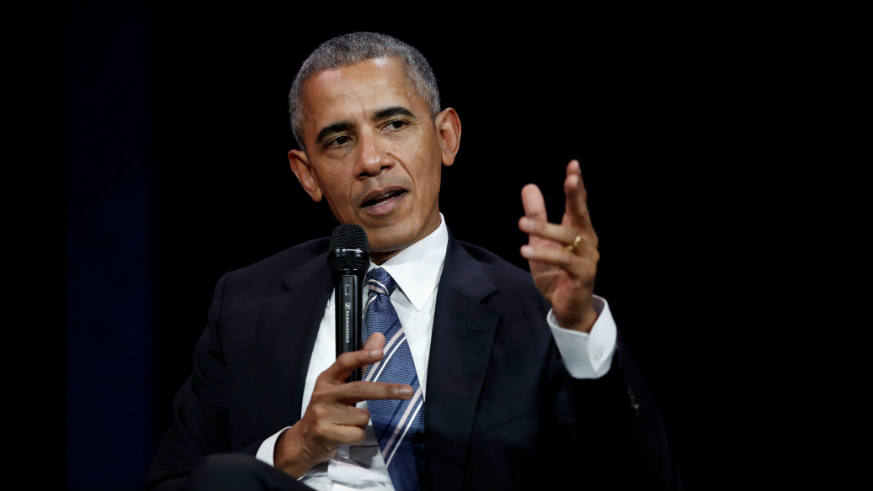A recent Gallup Poll found that Americans are having a change of heart when it comes to picking leaders and now would not prefer a man over a woman. And former President Barack Obama recently said that more future leaders should be women.
According to Gallup, 55 percent of Americans have no preference; men (68 percent) are more likely to lack preference than women (44 percent); and while women under 50 prefer a female boss, the older generations are divided.
When Gallup first began asking how people feel about the gender of their boss in 1953, 66 percent of Americans preferred a male boss compared to 23 percent today.
“The abrupt shift since 2014 in the percentage of Americans preferring a male boss suggests that the public may be reacting to the seemingly endless stream of sexual harassment allegations against men in workplaces across many industries, from Hollywood to Capitol Hill,” Megan Brenan, a former New York Times deputy editor and current consultant for Gallup, wrote.
“While the public’s acceptance of women as bosses has been at the majority level since the early 1990s, change has been slow in workplaces,” Brenan added.
Maybe it’s, as Obama put in in a speech in France, “because men seem to be having some problems these days.”
“Not to generalize but women seem to have a better capacity than men do, partly because of their socialization,” Obama said at an invitation-only event during a visit to Paris, according to AFP.
Researchers found that female leaders rank higher than en when it comes to taking initiative and drive, but they rank lower in confidence in their abilities, according to CNBC.
“Are women naturally less confident? Probably not. But if in a situation where people are doubting you or questioning your abilities, that would even make me less confident,” Joe Folkman, company president of leadership development firm Zenger Folkman, said. “I think it’s more about the company culture that creates that lack of confidence.”
During Obama’s overseas tour which ended in France (U.S. presidents often tour abroad after their time in office), he talked about how he can make the people around him better, how he can empower them and unify the team.
“In organizations where women don’t feel like second-class citizens and they don’t feel abused, they actually feel empowered. They feel like they’re taken seriously and like they have a future there,” Folkman added.

























